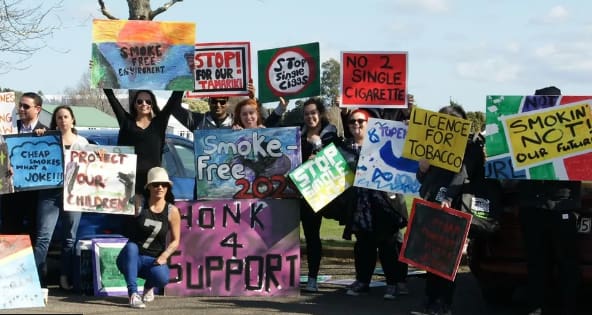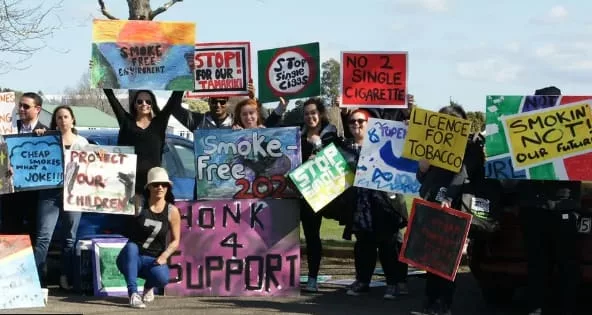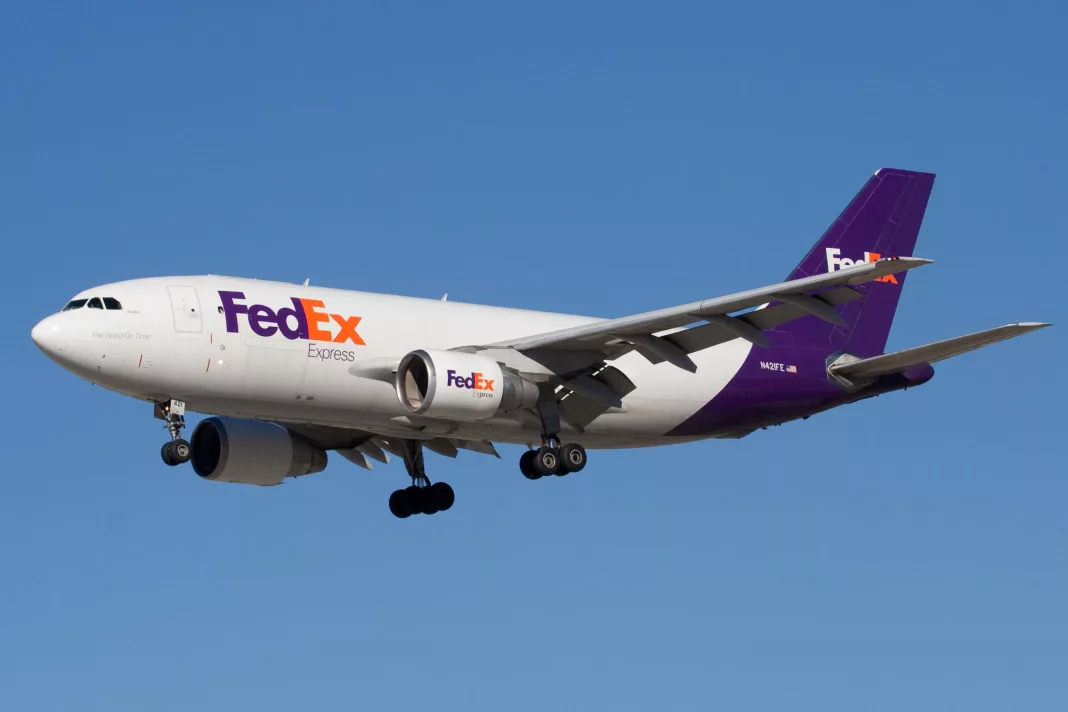New Zealand’s Repeal of Tobacco Prohibitions: A Blow to Māori People

The recent announcement by New Zealand’s government to repeal its world-leading tobacco prohibitions was a significant blow to Māori people. Indigenous leaders battled for years for reforms due to their high smoking rates. The country’s model was the first to ban smoking, and health activists worldwide praised it. However, from 2024, the rules would have reduced cigarette nicotine to non-addictive levels, eliminated 90% of tobacco merchants, and established “smoke-free” generations by forbidding cigarette sales to anybody born after 2008. Advocacy groups argue that Māori will suffer the most from the abandoned efforts.
Māori’s Fight for Tobacco Reforms
Teresa Butler and her six-year-old daughter begged officials to pass the laws last year. She threw a photo of her mother at the committee in a feathered shawl, quavering. She showed the death certificate. Emphysema, caused by 30+ years of tobacco smoking, kills. Teresa Butler is an anti-smoking crusader who started smoking at age eight. She remembers heading to the shops in Christchurch with five dollars and a note from her mother for cigarettes. Her habit ended when she got pregnant.
For seven years, she has worked as an anti-smoking counselor in Māori neighborhoods, aiming to help people quit the fatal addiction. Currently, 8% of New Zealand’s adult population smokes daily, but 19.9% of Māori do. It is significantly more prevalent among Māori women.
The Cost of Smoking
Smoking not only takes a toll on health but also on finances. A packet of cigarettes in New Zealand averages NZ$40 (£19; $24), and chain smokers can inhale a pack daily. Many Māori individuals struggle with poverty and prioritize spending their limited funds on cigarettes rather than essential needs. Teresa Butler describes a typical encounter, stating, “It’s stress, it’s a lack of education, they have children, they’re single mums. I enter a home and notice her kids without nappies. The pantry is empty. I tell her, ‘It’s winter, you have no power.’ Why are you broke? She’ll say, ‘Because I’ve just spent the last $30 on smokes.'”
Smokers often express their desire to quit but feel trapped by the easy accessibility of cigarettes. They can buy them at nearby shops or 24-hour gas stations, making it a quick fix for their anxiety and depression, similar to alcohol.
The repeal of tobacco prohibitions in New Zealand is a setback for Māori people who have been fighting for reforms to address their high smoking rates. The abandoned efforts to reduce nicotine levels and establish smoke-free generations will disproportionately affect Māori communities. It is crucial for advocacy groups and health activists to continue their fight for tobacco control measures that prioritize the well-being of all individuals, including the Māori population.


